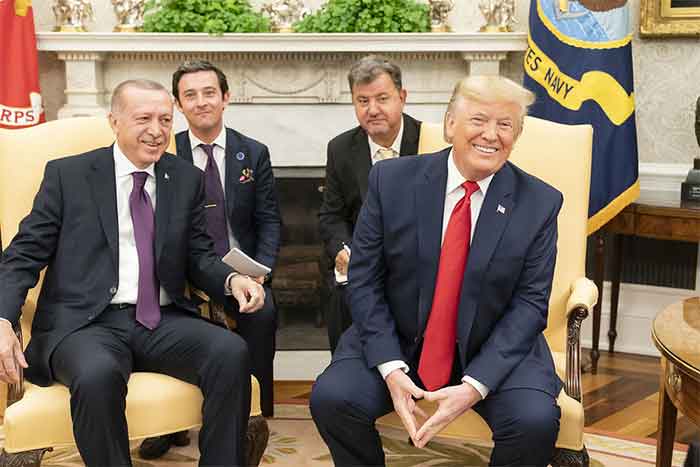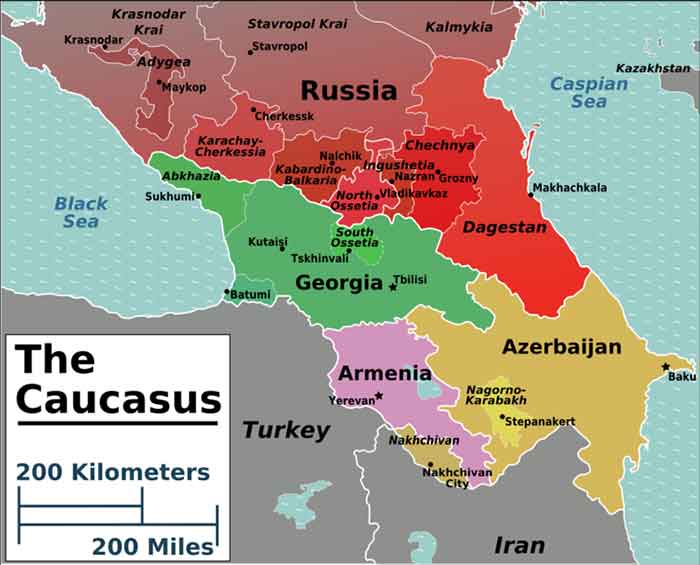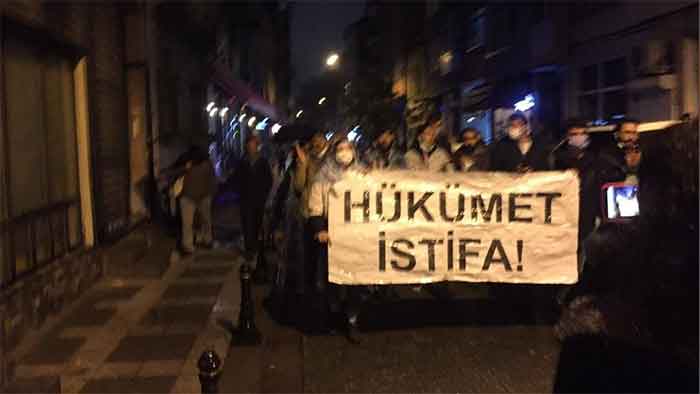
Recep Tayyip Erdogan has become the longest-serving leader in the history of the Turkish Republic. He has been a controversial yet dominant figure in Turkish politics since 2003 holding various positions including prime minister and president.
In the runoff election held on May 15, neither Erdogan nor his opponent, Kemal Kilicdaroglu, was able to secure the necessary 50% of the votes, leading to a second round of voting. In the final results, Erdogan emerged as the winner, receiving 52.14% of the votes, while Kilicdaroglu, received 47.86%. These results were determined with 99.43% of all ballots counted. Turkey’s political landscape has been left increasingly polarized with half the nation rooting for Erdogan’s politics and the other half opposing the same.
Recep Tayyip Erdogan’s long political career has been marked by significant events. He became Turkey’s prime minister in 2003, introducing economic reforms and pursuing EU membership. During his tenure, Erdogan faced opposition from secularists and the military, culminating in mass protests in 2013. He transitioned to the presidency in 2014, expanding his powers through constitutional changes. Erdogan’s leadership has been controversial, marked by a crackdown on dissent, media censorship, and human rights concerns. He has pursued a nationalist agenda, involved Turkey in regional conflicts, and witnessed a currency crisis in 2018.
The Justice and Development Party (AKP) led by Erdogan is rooted in Islamic conservatism, which has resonated with a considerable portion of the Turkish population. Harnessing nationalist sentiments in Turkey’s people and effectively using populism to further his political dominance have been key features of Erdogan’s political reign. Nationalism has long played a crucial role in Turkish politics, and Erdogan has placed great emphasis on safeguarding Turkish national interests. His principles focus on safeguarding Turkish national interests and has taken rigid stances on matters such as the Kurdish conflict, territorial disputes, and the role of Islam in society.
Erdogan’s AK party’s initial ten years of rule were met with support and praise from liberals at home and abroad. During this period, they established Turkey’s EU membership, reduced the military’s influence, and advanced women’s and minority rights. However, over the past 10 years, Erdogan has faced criticism for adopting a more authoritarian stance. This shift, accentuated by nationwide protests in 2013 and a 2016 coup attempt, which he narrowly survived, has been seen as aggravating divisions within Turkey. These events have led to concerns about Erdogan’s leadership style and its impact on the country’s polarization.
Over the past two decades, Turkey has demonstrated its influence and leverage in various global hotspots. It has played a significant role by hosting millions of Syrian refugees and actively engaging in civil wars in Syria and Libya. Turkey has also extended its support Azerbaijan in its conflict with Armenia. As a NATO member, Turkey played a crucial role in brokering an agreement last year to ensure the uninterrupted shipping of grain and fertilizer from the Black Sea, despite Russia’s invasion. These actions showcase Turkey’s multifaceted involvement in international affairs and its ability to exert influence in strategic regions.
On the other hand, Erdogan has also generated anxieties for NATO and the West resulting in increasing uncertainty and scepticism over Turkey’s stance in the global order. For instance, he made the decision to purchase Russian missile systems, which resulted in the U.S. suspending the delivery of F-35 warplanes, a NATO military staple, to Turkey. Erdogan ordered military operations against Kurdish militias in Syria, despite the two countries alliance with the U.S. in the fight against ISIS. He challenged the entry of Finland into NATO but allowing its entry under NATO pressure. Erdogan continues to block Sweden’s admission. Erdogan’s refusal in both cases have been on the grounds of the presence of Kurdish militants in the two Nordic countries, indicating his strong nationalist stance in the Turkish-Kurdish conflict.
Erdogan has maintained good ties with Russia despite its positioning in NATO and alliances with Western Nations, especially in the face of the Ukraine War. Following the West’s imposition of sanctions on Russia’s economy after the invasion of Ukraine, Turkey has emerged as a vital lifeline for Moscow. Erdogan, known for his assertive approach, has taken an unwavering stance in preserving economic and diplomatic ties with Russia. He had stated to the press that Turkey was not inclined to impose sanctions on Russia, unlike the West. He emphasised that Turkey was not bound by Western sanctions. Ankara and Moscow’s relationship was said to be mutually beneficial as Erdogan emphasised Turkey’s strength as a nation.
Another reason for concern for the West would be Erdogan’s current lack of enthusiasm in joining the EU. Turkey’s geographic positioning makes it’s a good ally for the EU bloc; however, they had previously rejected the state’s attempt to join the organisation citing human rights violations and poor economic indicators as the reason. While he was once an advocate of the cause, he currently claims to focus on improving the Turkish state on its own, now that he has established solid relationships with allies around the world.
Erdogan’s actions demonstrate his inclination towards an independent stance and his readiness to deviate from the expectations and interests of the United States and NATO allies. Whether through the purchase of Russian missile systems or military offensives against Kurdish militias, Erdogan has shown a willingness to pursue his own agenda, even if it means contradicting the positions of traditional allies. This highlights his desire to assert Turkey’s autonomy and prioritize what he perceives as Turkey’s national interests, even if it means challenging the expectations and norms of the United States and its NATO partners.
Neha Tuheen is an undergraduate student of International Studies at FLAME University, Pune.
Email: nehatuheen@ gmail.com
















































